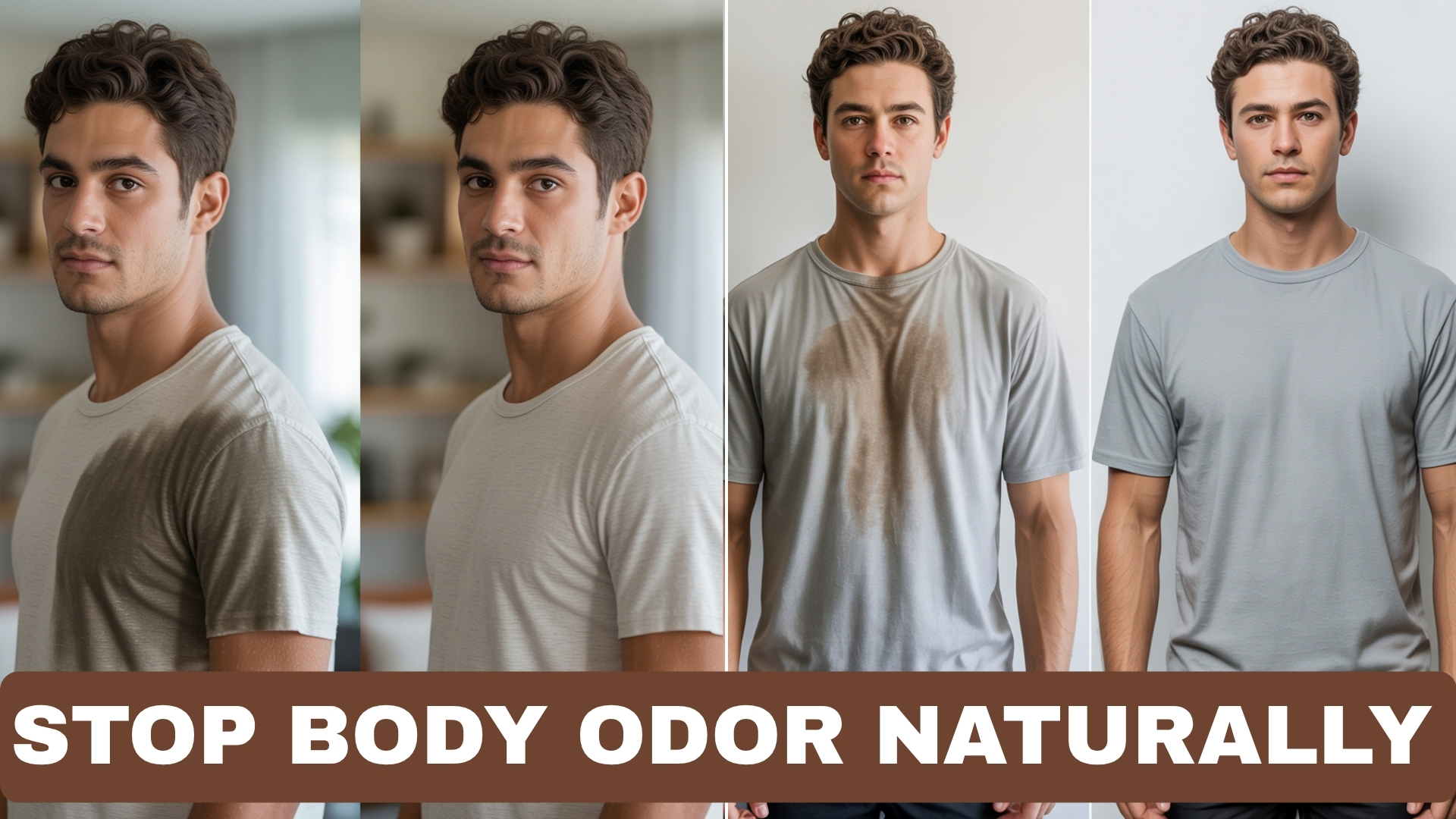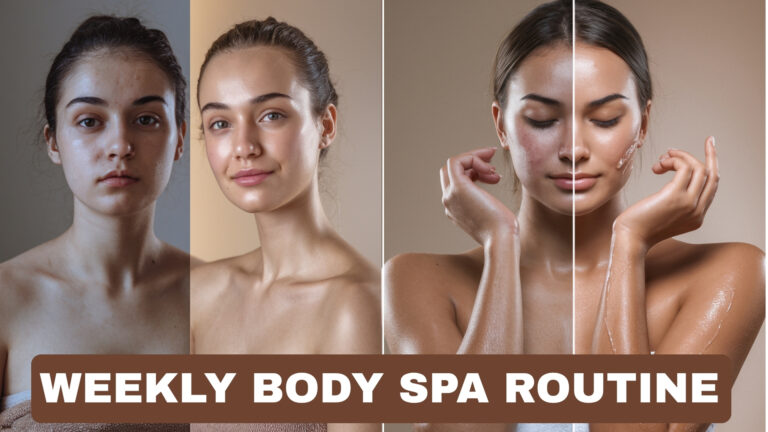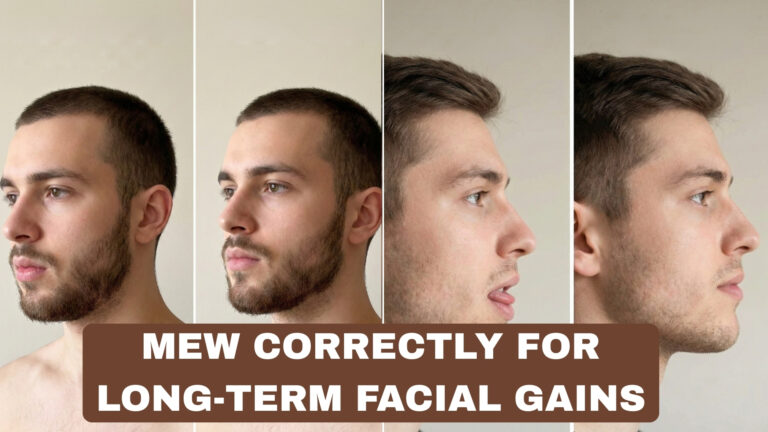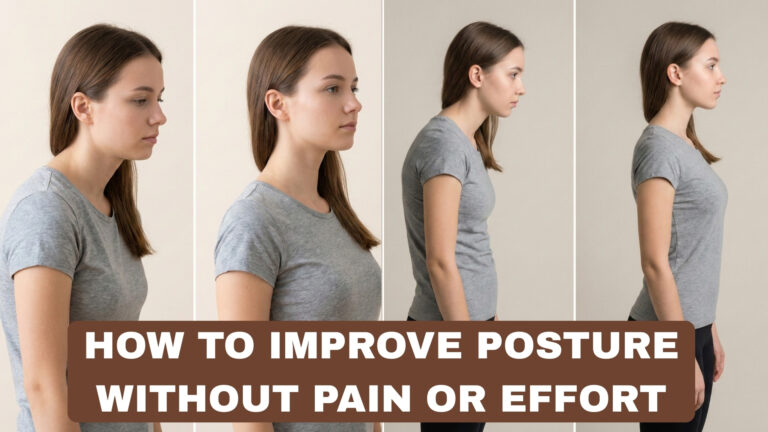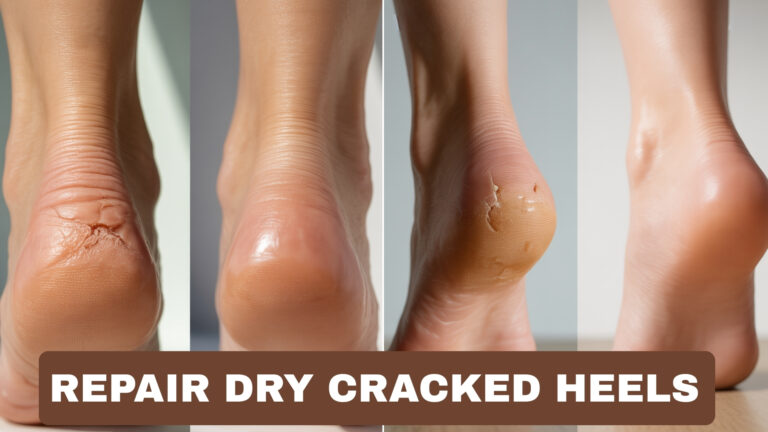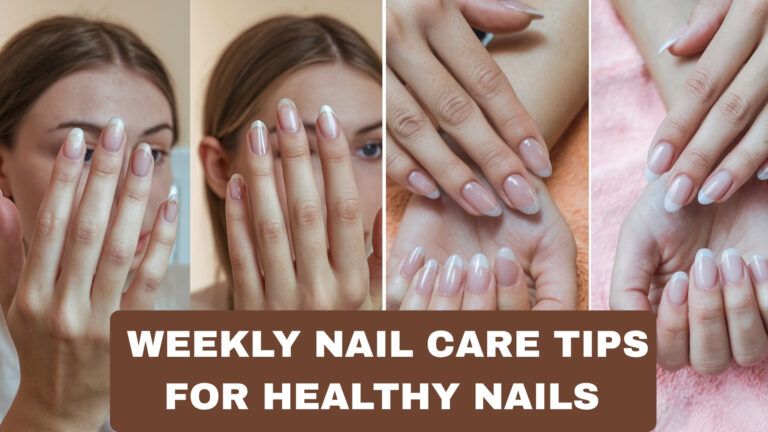Body odor is a normal — if awkward — part of being human. But it doesn’t have to control your day. This guide explains why body odor happens, what actually works to stop it (without heavy chemicals), and concrete step-by-step routines, recipes and lifestyle changes men can use to feel fresh and confident. Practical, no-nonsense, and science-informed — read the sections that matter and follow the step plans to see fast results.
What Causes Body Odor in Men?
Short answer: sweat itself is mostly odorless. Smell appears when skin bacteria break down sweat into odorous compounds — and men often smell stronger because of physiology and lifestyle.
Key facts:
- Two kinds of sweat glands: eccrine (all over, mostly water + salts, cooling) and apocrine (in armpits, groin — fatty, protein-rich sweat). Apocrine sweat feeds bacteria and produces stronger odor when broken down.
- Bacteria: species like Corynebacterium and others digest proteins/lipids and release volatile organic compounds (VOCs) that smell.
- Hormones: androgens (male hormones) increase apocrine activity and hair growth, which can trap sweat and bacteria.
- Diet, meds, and health: certain foods, alcohol, medications, or medical conditions can make sweat smellier.
- Clothing & hygiene: tight synthetic clothes and poor laundering trap odor-causing bacteria and oils.
Takeaway: to reduce odor you need to (a) reduce bacterial load, (b) reduce available food for bacteria (dead skin oils), (c) dry and ventilate the skin, and (d) change the environment (clothes, diet, stress).
Daily Hygiene Habits That Keep You Fresh
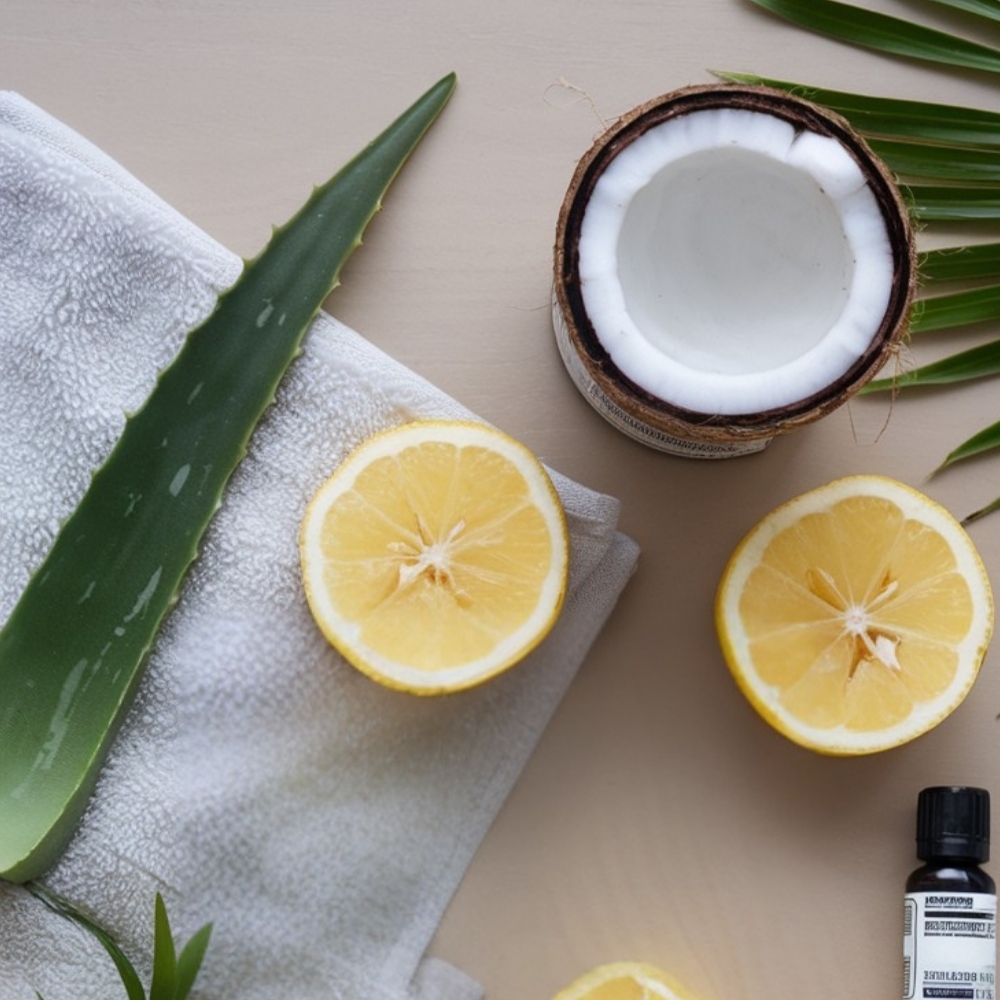
These are the foundations — simple habits that make the biggest difference.
Daily routine (step-by-step):
- Shower daily (or after heavy sweating). Use lukewarm water — hot water opens pores and can increase sweat.
- Use a gentle antibacterial or pH-balanced body wash on armpits, groin, feet, and other high-sweat areas. Don’t scrub until raw.
- Dry thoroughly. Bacteria thrive in moist environments. Pat dry with a clean towel, and consider a quick air-dry or blow-dry on low in creases if you sweat a lot.
- Trim underarm hair. Shorter hair reduces the surface area where bacteria and sweat accumulate and makes washing more effective. Shaving is optional — trimming helps a lot.
- Apply natural deodorant correctly: on clean, fully dry skin (see section 3 for options).
- Rotate clothes and socks daily; change after workouts. Put sweaty clothes into the laundry hamper immediately.
- Wash high-sweat zones more often in transitional seasons (towards the end of day) if needed.
Extra small steps that matter:
- Use an antibacterial soap only where needed (armpits, groin) — overuse can irritate skin and disrupt normal flora.
- Use an antiperspirant (if you accept aluminum) at night for best effect — it plugs sweat ducts while you sleep. If you prefer natural, allow time for your natural regimen to work (detox transition — see section 6).
Natural Deodorants: Do They Really Work?
Short answer: Yes, some do — but they work differently than antiperspirants. Natural deodorants fight odor (reduce bacteria, neutralize smell) but generally do not stop sweating. Antiperspirants block sweat glands using aluminum salts.
How to compare:
- Antiperspirant (conventional): reduces sweat by partially blocking ducts → less moisture and odor. Works reliably for many men; contains aluminum salts.
- Natural deodorant: reduces bacteria and neutralizes odor using ingredients like baking soda, magnesium, zinc, essential oils, or probiotics. Doesn’t block sweat (so you may still perspire). Best for men comfortable with sweating but wanting to prevent smell.
What to expect with natural deodorants:
- Transition period: if you switch from antiperspirant to natural deodorant you may notice more sweat/odor for 1–4 weeks as skin microbiome rebalances (“detox” phase). This is normal.
- Effectiveness varies: depending on biology, activity level, diet and product formula. Some men find natural options excellent; others prefer hybrid approach (natural day, antiperspirant for special events).
Safe, useful natural deodorant ingredients:
- Magnesium hydroxide or chloride (magic for many) — reduces odor with lower irritation than baking soda.
- Zinc oxide / zinc ricinoleate — absorbs and traps odor molecules.
- Baking soda — effective but can irritate sensitive skin; use low amounts or alternatives.
- Arrowroot, cornstarch — absorb moisture (but don’t stop sweat).
- Antimicrobial essential oils (tea tree, lavender, thyme, eucalyptus) — dilute carefully (see safety below).
- Probiotics — early evidence suggests topical probiotics may help rebalance skin microbiome and reduce odor.
How to use natural deodorant effectively (step-by-step):
- Start with clean dry underarms (morning, or better: at night after shower).
- Apply a thin even layer of paste, cream, or spray. Less is often more.
- Reapply only if needed — not every hour. For heavy workouts, reapply after washing.
- If irritation occurs, stop and switch formulas (use magnesium-based sprays or consult skin-friendly products).
DIY natural deodorant recipes and safety in section 6.
Foods That Help Fight Body Odor

Your diet changes the composition of sweat and the microbiome — here are foods that help reduce smell.
Eat more of these:
- Green leafy vegetables & parsley: chlorophyll and antioxidants may reduce odor. Parsley is a traditional breath/odor reducer.
- Probiotic foods: yogurt, kefir, sauerkraut, kimchi — support a healthier gut and possibly reduce production of smelly compounds that are excreted via sweat.
- Omega-3 rich foods: fatty fish, flaxseed — reduce inflammation and may influence metabolic odor pathways.
- Citrus and high-vitamin-C foods: vitamin C supports detoxification pathways.
- Green tea: polyphenols may reduce body microbes and have mild odor-lowering effects.
- Zinc-rich foods: oysters, pumpkin seeds, lean meat — zinc deficiency is sometimes linked to stronger odor; food or supplements (doctor-advised) can help.
How to implement (week plan):
- Add a daily serving of probiotic yogurt or kefir.
- Snack on raw parsley or add to sauces (parsley pairs well with grilled meats).
- Replace some coffee/booze with green tea during the week.
- Include fatty fish 2× weekly for omega-3s.
Note: changes are subtle and cumulative — diet helps but rarely eliminates odor alone.
Foods That Make Body Odor Worse
Some foods and habits commonly increase sweat smell — consider limiting them, especially on days you need to be fresh.
Common offenders:
- Garlic, onions, chives, and other sulfurous foods — compounds break down into strong-smelling metabolites.
- Red meat — some studies suggest it can contribute to stronger body odor in some people.
- Alcohol — metabolized into smelly compounds and increases flushing and sweating.
- Spicy foods (capsaicin) — raise body temperature and increase sweating; also stimulate flushes in some men.
- Strong spices (curry, cumin) — can cause body odor carryover.
- High-sugar diets — may indirectly increase odor by affecting the skin/gut microbiome and inflammation.
Practical tip: before important meetings or dates, avoid garlic, heavy meat, alcohol and spicy foods for 24–48 hours.
Home Remedies for Body Odor Control

Many simple, evidence-supported home remedies work well. Below are safe DIY options and step-by-step recipes.
Safety first: always patch-test a topical recipe on inner forearm 24–48 hours before full armpit use. If rash or burning occurs, stop.
1) Baking soda paste — quick odor neutralizer
- Mix: 1 tbsp baking soda + 1–2 tbsp coconut oil (or shea butter) + 1 tbsp arrowroot or cornstarch.
- How to use: apply a pea-sized amount to clean, dry underarms; rub gently. Use alternating days if irritated.
- Caution: baking soda is alkaline — can irritate sensitive skin. Reduce to ½ tsp if you feel stinging or switch to magnesium (below).
2) Magnesium oil spray (excellent for sensitive underarms)
- Recipe: Dissolve ½ cup magnesium chloride flakes in ½ cup warm distilled water. Stir until dissolved, let cool, pour into spray bottle.
- How to use: spray 1–2 pumps on clean, dry underarms; rub in. Start every other day for sensitivity.
- Why it helps: magnesium reduces odor by neutralizing acids and may have mild antimicrobial action without irritating like baking soda.
3) Apple cider vinegar (ACV) spray — quick neutralizer
- Recipe: 1 tbsp raw ACV + 1 cup water (use glass bottle). Option: add 3 drops lavender or tea tree oil.
- How to use: spray onto underarms after shower, allow to air dry. ACV lowers skin pH temporarily, which discourages odor-causing bacteria.
- Caution: avoid on broken skin; dilute well.
4) Witch hazel deodorant spray
- Recipe: 1 part witch hazel to 2 parts water + optional essential oil (very low dilution).
- Use: apply with cotton or spray after washing. Mild astringent and antimicrobial.
5) Pre-shower scrub for detoxing armpits
- Recipe: 1 tbsp baking soda + 1 tbsp coconut oil + few drops lemon (if not sun exposure) or a bit of honey.
- How to use: gently scrub armpits in the shower once a week, rinse thoroughly. This removes residue and dead skin that feed bacteria.
Essential oil dilution guidance (if using)
- Use 0.5–1% dilution for underarms — that is ~3–6 drops per 30 ml (1 fl oz) of carrier. Good choices: tea tree (antimicrobial), lavender (soothing), lemon or bergamot (odor neutralizing) — avoid bergamot in sun-exposed skin (phototoxic) unless using bergapten-free oil. Patch-test first.
Homemade deodorant stick (solid)
- Recipe: 3 tbsp coconut oil + 2 tbsp shea butter + 2 tbsp arrowroot starch + 1 tsp baking soda (reduce if sensitive) + 10 drops essential oil (total for ~2 oz). Melt oils, whisk in powders, pour into small container, chill. Apply small amount to underarm.
If irritation occurs with any home remedy, discontinue. For persistent strong odor, see section 10.
Clothing Choices That Keep You Smelling Fresh
Clothes and laundry are as important as skin care.
What to wear:
- Natural breathable fabrics: cotton, linen, merino wool and bamboo wick moisture and reduce bacteria growth. Merino wool is naturally odor-resistant.
- Moisture-wicking technical fabrics (polyester blends) are great for workouts but can trap odor if not washed properly. Look for fabrics with antimicrobial or silver treatments if you sweat heavily.
Laundry tips to remove odor:
- Pre-soak stinky clothes: 1 cup white vinegar in a sink or washing machine pre-soak 30–60 minutes (vinegar breaks down oils).
- Baking soda boost: add ½ cup baking soda to wash cycle to neutralize smells.
- Use enzyme detergents for workout gear (they break down sweat proteins).
- Avoid fabric softener for activewear — it leaves residue that traps odor and reduces wicking.
- Air-dry in sun when possible — UV sunlight helps kill bacteria.
Quick fixes for clothes between washes:
- Spray diluted vinegar (1:3) or vodka lightly on underarm areas and air-dry — vodka evaporates and reduces odor.
- Keep a spare shirt at work or in your bag for emergencies.
Socks & shoes:
- Rotate shoes and allow them to dry; use moisture-absorbing inserts; wear breathable socks (merino or cotton blend) and change daily.
Lifestyle Changes That Reduce Body Odor
Simple lifestyle shifts can make a big, lasting difference.
Actionable changes:
- Manage stress: chronic stress raises cortisol and can increase production of smelly sweat from apocrine glands. Practice daily breathing, short walks, or 10 minutes of meditation.
- Improve sleep: poor sleep raises stress hormones and affects metabolism; 7–8 hours nightly supports regulation.
- Quit smoking: tobacco contributes to body odor and reduces overall microbial balance.
- Lose excess weight if advised — adipose tissue and increased sweating can make odor management harder.
- Hydrate: steady water intake supports detox pathways and may dilute sweat metabolites.
- Limit alcohol and heavy spicy meals before important days (see section 5).
Also consider checking micronutrient status (zinc, B vitamins) with a doctor if diet is poor — deficiencies can affect body odor.
Tips for Staying Fresh During Workouts

Workout odor is manageable with planning.
Pre-workout:
- Shower or at least wipe down armpits/chest with a wet wipe.
- Apply a light natural deodorant (magnesium spray or solid) if you’ll be at work later.
- Wear moisture-wicking base layer to pull sweat away from skin.
During workout:
- Carry a small pack of antibacterial wipes or a quick towel to dry off mid-session.
- Keep a water bottle and sip regularly.
Post-workout:
- Shower ASAP with a gentle cleanser. If no shower available, use wipes, change into clean shirt, and dry thoroughly.
- Laundry: wash gym clothes after every use. Use enzyme detergent and hot water if fabric allows.
Pro tip: applying antiperspirant at night can reduce gym sweat the next day — but that’s not a natural method. For natural approach, focus on cleansing and magnesium-based products.
When Body Odor Signals a Health Issue
Most odor is benign and manageable. See a doctor if you have:
- Sudden, dramatic change in smell (very strong or unusual) that doesn’t respond to hygiene.
- Localized redness, pain, swelling or discharge (possible infection of glands).
- Persistent, excessive sweating (hyperhidrosis) that interferes with life — treatments exist.
- Systemic symptoms (fever, unexplained weight loss) plus odor — get checked.
- A fishy, rotten, or urine-like smell that could indicate metabolic conditions (e.g., trimethylaminuria) or liver/kidney issues — medical workup required.
- Chronic fungal infections in groin/feet causing odor — needs antifungal therapy.
If in doubt, start with your primary care provider or dermatologist — they can rule out medical causes and suggest treatments (topical/oral meds, medical antiperspirants, Botox for hyperhidrosis).
Quick Fixes for On-the-Go Freshness
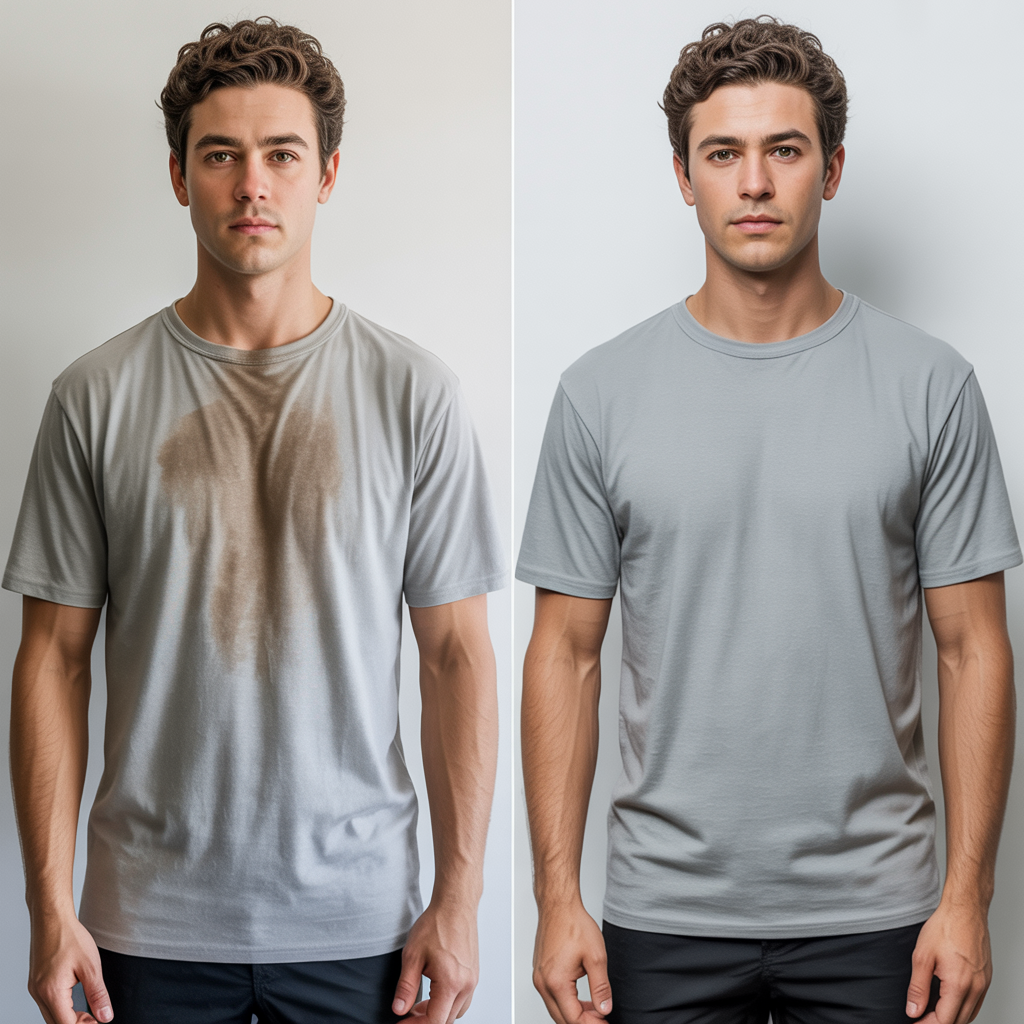
Handy tricks for the office, travel or dates.
Pocket essentials:
- Antibacterial body wipes (alcohol-free for sensitive skin).
- Small spray bottle with diluted witch hazel or ACV solution (1 tbsp ACV : 1 cup water) — spritz and let dry.
- Travel-size magnesium spray or roll-on natural deodorant.
- Spare shirt or undershirt in your bag.
- Foot powder / absorbent sachets in shoes for shoe odor, and socks spare for travel.
- A small container of baking soda (in zip bag) to sprinkle into shoes overnight if needed.
Quick routine (2 minutes):
- Wipe underarms with a wet wipe.
- Spray witch hazel or magnesium spray and let air dry.
- Dab a small amount of deodorant stick if you have it.
- Change to a fresh shirt if heavy sweat or odor remains.
Expert Secrets to Confidence Without Sweat Worries
These are tactics professionals and busy men use — practical and often overlooked.
- Apply deodorant at night (if using antiperspirant) — best time for antiperspirant to work (ducts less active). With natural deodorants, application to clean night-time skin often yields better results because skin is dry and product absorbs better.
- Targeted hygiene: focus on high-odor zones first (armpits, groin, feet) — they typically determine overall smell.
- Underlayer strategy: use a breathable undershirt (thin cotton or moisture-wicking) that absorbs sweat and protects outer shirts—change it daily.
- Rotation & laundering: avoid wearing the same workout or dress shirt two days in a row without washing — even if it looks fine, oils build up and harbor bacteria.
- Use scent strategically: light, high-quality cologne or aftershave applied to clothing (not skin) or behind the ears can mask faint odors without piling on. Avoid heavy masking — cleanliness should be the base.
- Trial and tailor: test natural formulas for a month; give your microbiome time to settle. If a product stings, you’re sensitive — switch to magnesium or zinc-based options.
- Keep a care kit at work — a packet of wipes and small spray can save social situations fast.
Quick 14-Day Plan to Transition Off Antiperspirant (if you want to go natural)
Many men want to try natural deodorant; here’s a practical plan.
Days 0–2: Start by showering nightly and drying completely. Apply store-bought antiperspirant at night (if you currently use it) but begin alternating nights with natural deodorant.
Days 3–10: Switch to natural deodorant daily. Use magnesium spray or low-baking-soda paste. Twice weekly, do armpit apple-cider vinegar rinse (1 cup water + 1 tbsp ACV) after shower — rinse off after 30–60 seconds. Expect increased odor for a few days.
Days 11–14: Monitor. If odor reduced and skin is fine, continue natural regimen. If persistent smell or irritation, try a different natural formula (magnesium-based or zinc-based) or consult dermatologist.
Final Words
Body odor is manageable without heavy chemistry for most men. The winning formula is: clean skin + drying + targeted odor reduction + smart clothes + small diet and lifestyle choices. Try a magnesium spray or a mild homemade deodorant, rotate your shirts, trim underarm hair, and pay attention to diet and stress. If you need extra help, a doctor or dermatologist can rule out medical issues and offer targeted options.


